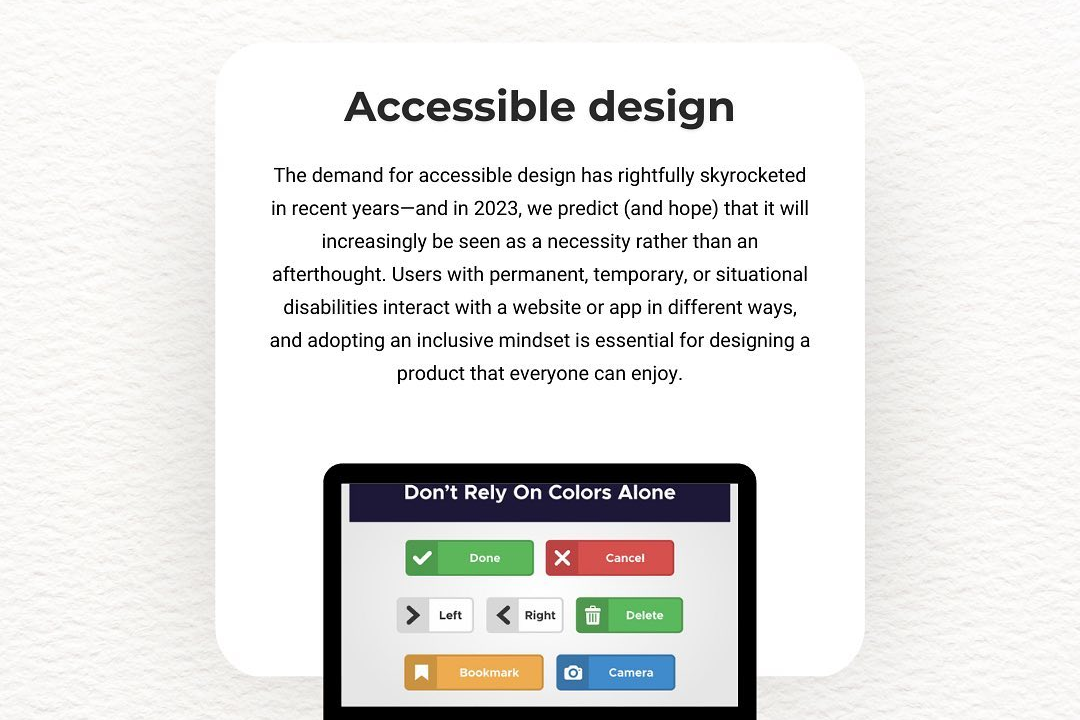Factorial Numbers Program In Php
A factorial numbers program in PHP is a script that calculates the factorial of a given non-negative
Factorial Numbers Program In Php
A factorial numbers program in PHP is a useful tool for understanding fundamental programming concepts such as loops, recursion, and mathematical computations. Calculating the factorial of a number is a common problem that helps beginners learn how to implement control structures and handle base cases. Additionally, factorial calculations are widely used in fields like mathematics, statistics, and combinatorics, making such programs valuable for developing skills in problem-solving and algorithm design, which can be applied in real-world projects and advanced programming tasks.
To Download Our Brochure: https://www.justacademy.co/download-brochure-for-free
Message us for more information: +91 9987184296
A factorial numbers program in PHP is a useful tool for understanding fundamental programming concepts such as loops, recursion, and mathematical computations. Calculating the factorial of a number is a common problem that helps beginners learn how to implement control structures and handle base cases. Additionally, factorial calculations are widely used in fields like mathematics, statistics, and combinatorics, making such programs valuable for developing skills in problem solving and algorithm design, which can be applied in real world projects and advanced programming tasks.
Course Overview
The “Factorial Numbers Program in PHP” course teaches you how to calculate factorials using loops and recursion, covering basic PHP syntax, control structures, and practical implementation for mathematical computations.
Course Description
Learn to calculate factorials in PHP with this course, covering loops, recursion, and practical implementation for mathematical functions.
Key Features
1 - Comprehensive Tool Coverage: Provides hands-on training with a range of industry-standard testing tools, including Selenium, JIRA, LoadRunner, and TestRail.
2) Practical Exercises: Features real-world exercises and case studies to apply tools in various testing scenarios.
3) Interactive Learning: Includes interactive sessions with industry experts for personalized feedback and guidance.
4) Detailed Tutorials: Offers extensive tutorials and documentation on tool functionalities and best practices.
5) Advanced Techniques: Covers both fundamental and advanced techniques for using testing tools effectively.
6) Data Visualization: Integrates tools for visualizing test metrics and results, enhancing data interpretation and decision-making.
7) Tool Integration: Teaches how to integrate testing tools into the software development lifecycle for streamlined workflows.
8) Project-Based Learning: Focuses on project-based learning to build practical skills and create a portfolio of completed tasks.
9) Career Support: Provides resources and support for applying learned skills to real-world job scenarios, including resume building and interview preparation.
10) Up-to-Date Content: Ensures that course materials reflect the latest industry standards and tool updates.
Benefits of taking our course
Functional Tools
1 - PHP Programming Language: The core tool used in the course is PHP, a popular server side scripting language known for its simplicity and extensive web development capabilities. Students learn to write, compile, and execute PHP scripts to calculate factorial numbers. The course covers syntax, data types, functions, and control structures in PHP, enabling learners to develop efficient algorithms for mathematical computations
2) Integrated Development Environment (IDE): To facilitate seamless coding, students are introduced to IDEs such as PHPStorm, Visual Studio Code, or Sublime Text. These tools provide code highlighting, debugging features, and project management capabilities that help students write clean, organized code. Using an IDE accelerates learning, reduces errors, and enhances productivity
3) Web Server Environment (XAMPP/WAMP/MAMP): Since PHP runs on server environments, learners are provided with local server platforms like XAMPP, WAMP, or MAMP. These tools create a local testing environment where students can deploy their PHP scripts, test them in real time, and observe outputs dynamically. This simulates real world web server interactions and improves understanding of server client architecture
4) Browser Testing Tools: Students are encouraged to use web browsers such as Chrome, Firefox, or Edge for testing their PHP applications. Browser based testing is essential for observing how PHP scripts interact with server side components, display results, and handle user inputs. Developers also use browser developer tools for debugging and inspecting output
5) Version Control Systems (Git): To promote best practices in software development, the course introduces Git for version control. Students learn to track changes, collaborate on projects, and manage code repositories on platforms like GitHub. This skill is crucial for collaborative programming and maintaining organized codebases
6) Debugging and Profiling Tools: The course includes training on debugging tools integrated into IDEs and standalone applications like Xdebug. These tools help students identify logical errors, optimize code performance, and understand execution flow, ensuring that their factorial programs not only work correctly but also run efficiently
7) Documentation and Commenting Tools: Emphasizing code readability, learners are guided on documenting their code effectively, using inline comments and external documentation tools. Clear documentation facilitates easier debugging, future maintenance, and collaborative work, integral to professional software development
8) Online Learning Platforms and Resources: The course leverages platforms such as GitHub, Stack Overflow, and PHP official documentation for resource sharing, problem solving, and peer support. These platforms empower students to extend their learning beyond the classroom, explore real world projects, and engage with developer communities
9) Built in PHP Functions and Libraries: The course emphasizes leveraging PHP's extensive built in functions and libraries, such as mathematical functions, string manipulation, and exception handling. These resources streamline the development process and enable students to implement complex algorithms, like factorial calculations, with minimal code
10) Database Connectivity Tools: To demonstrate dynamic data handling, students learn how to connect PHP scripts with databases like MySQL. This integration allows for storing, retrieving, and managing data related to their projects, fostering skills necessary for real world web applications
11 - Testing Frameworks: The curriculum introduces testing tools such as PHPUnit for writing automated tests. This encourages best practices in test driven development, ensuring that factorial algorithms and other code function correctly across different scenarios and edge cases
12) Containerization Technologies (Docker): Students are introduced to Docker to create isolated, reproducible development environments. Using containers ensures consistency across different systems, simplifies deployment, and enhances understanding of deployment workflows
13) Deployment Platforms (Apache/Nginx): The course covers deploying PHP applications on popular web servers like Apache and Nginx. Learners gain experience in configuring servers, managing hosting environments, and ensuring their factorial web apps are accessible online
14) Security Best Practices: Emphasizing secure coding techniques, students explore input validation, sanitization, and security headers to protect their applications from common vulnerabilities. Secure projects not only demonstrate technical skills but also foster trust and professionalism
15) Performance Optimization Tools: The course includes training on profiling and optimizing PHP scripts for better performance. Techniques such as code refactoring, caching, and minimizing database queries help ensure scalable and efficient applications
16) Continuous Integration and Deployment (CI/CD): Students learn workflows using tools like Jenkins or GitHub Actions to automate testing and deployment processes. This experience prepares them for modern DevOps practices and ensures rapid, reliable updates to their projects
17) Collaborative Development Platforms: The course incorporates project management and collaboration tools such as Jira, Trello, or Slack. These platforms facilitate team communication, task tracking, and coordination, simulating real world software development environments
18) Web Development Frameworks (Optional Add on): While focusing primarily on PHP, the course might introduce PHP frameworks like Laravel or Symfony to simplify complex development tasks, promote best practices, and accelerate project deployment
19) Real time Error Reporting and Monitoring: Students are trained to implement error logging and monitoring solutions such as Sentry or New Relic. Monitoring improves application reliability, provides insights during runtime issues, and promotes proactive problem resolution
20) Certification and Portfolio Development: Beyond technical skills, the program guides students on building a professional portfolio, preparing for job interviews, and earning industry recognized certifications. These elements enhance employability and showcase their expertise effectively
Browse our course links : https://www.justacademy.co/all-courses
To Join our FREE DEMO Session:
This information is sourced from JustAcademy
Contact Info:
Roshan Chaturvedi
Message us on Whatsapp: +91 9987184296
Email id: info@justacademy.co












